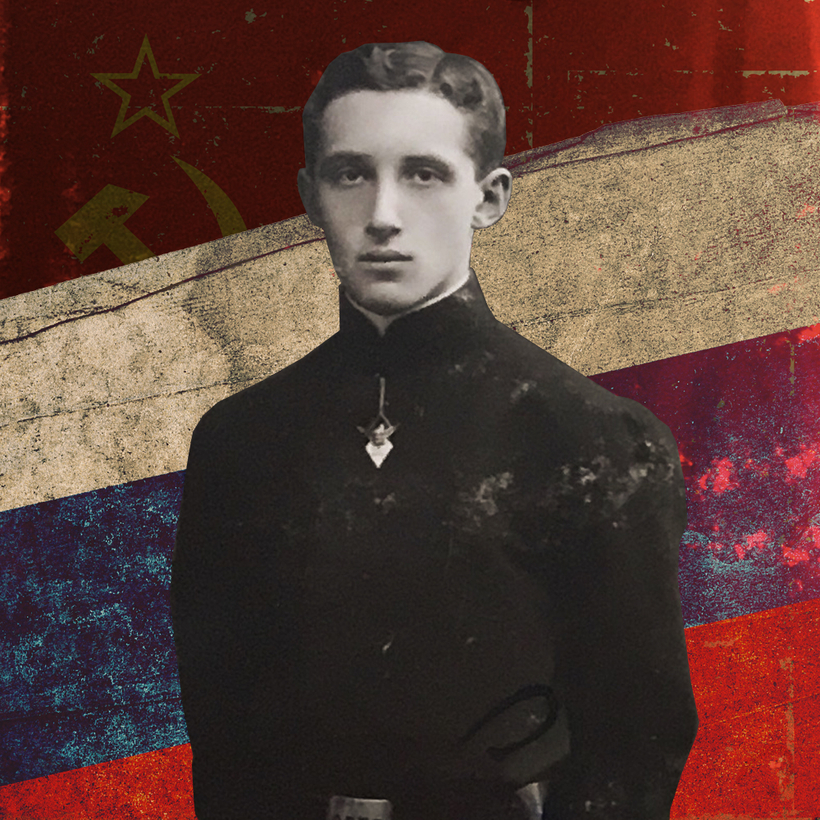translated by Bryan Karetnyk
The Bolshevik Revolution of 1917 presented artists and writers with a difficult choice: to stay in Russia or to flee? It was obvious that staying would mean enduring terrible privations and civil war, as well as submitting to the dictatorship of the Communist Party—particularly after Stalinist orthodoxy hardened. Leaving Russia, on the other hand, allowed them to save their life and freedom, but only at the cost of being permanently cut off from their audience.
Writers had it worst of all. A choreographer like Balanchine or a composer like Stravinsky could communicate with audiences around the world, but a Russian writer in exile could only address a handful of fellow émigrés. The great exception was Vladimir Nabokov, who managed to re-invent himself as an anglophone writer of the first rank. But for every Nabokov there were dozens of writers like Yuri Felsen. Who? Exactly.

